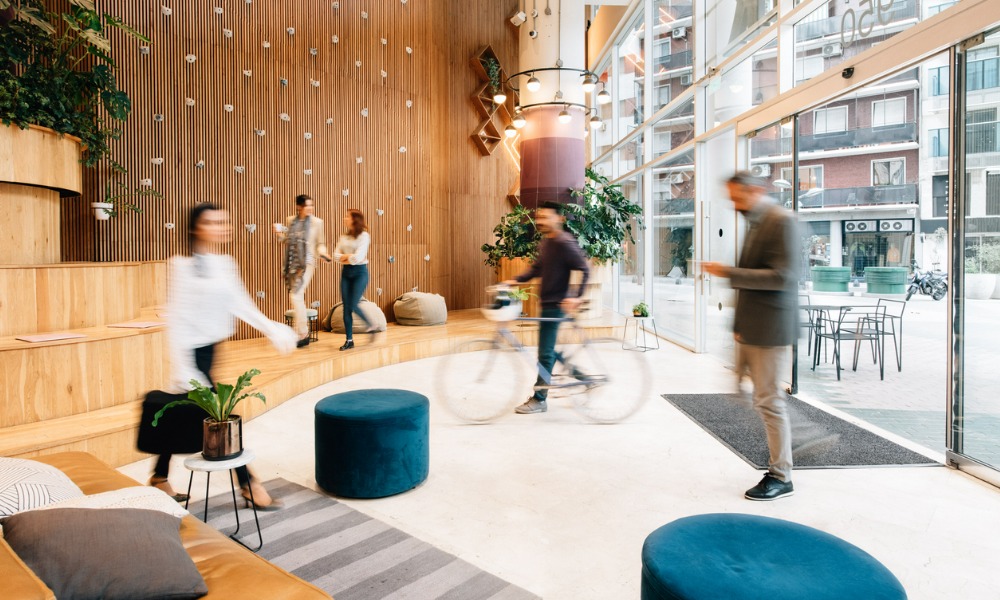
Remote work perks are edging out return-to-office gimmicks, according to a new report

The problem with return-to-office schemes is that they lack a "compelling narrative," according to an executive from Poly, with the situation putting at risk the success of hybrid work arrangements.
"The return to office lacks a compelling narrative, and short-term gimmicks like free coffee and doughnuts have run their course," said Bill Zeng, Senior Director, APAC, Poly, in a statement.
He made the remarks as a 2022 Poly study found that out of 508 employees across Australia, many are hesitant to return to workplaces. Gimmicks such as free coffee are being overpowered by the following reasons cited by employees on why they are prefer working remotely:
This reluctance to workplace comeback is affecting the would-be success of hybrid work arrangements, according to Poly in a separate report, stressing that the return-to-office scheme is "one of the most important pieces in the puzzle that is hybrid work."
"Without bringing people back to the workplace in a timely and significant way, even if office attendance forms a new pattern without precedent before the global pandemic, a successful hybrid working model has no basis to develop," the report read.
Read more: 'Get back to work!' Can employers insist on an in-office return?
It is now on the shoulder of employers on how make returning to the office appealing, with Zeng pointing out that more focus should be placed on the "total experience" instead of just perks.
"People need a reason to return, so organisations must carefully assess the office experience they aim to deliver, and how this equates to the remote working experience - an equality of experience, whether in-office or remote, is key to a successful hybrid working model," said the senior director.
"It is a matter of thinking beyond the perks and instead thinking about the total experience on offer – how spaces work, the technology behind them, and most importantly, addressing any people and culture issues," added Zeng. "The mindset of organisations should be about magnetising people back to the office, rather than forcing them to return."